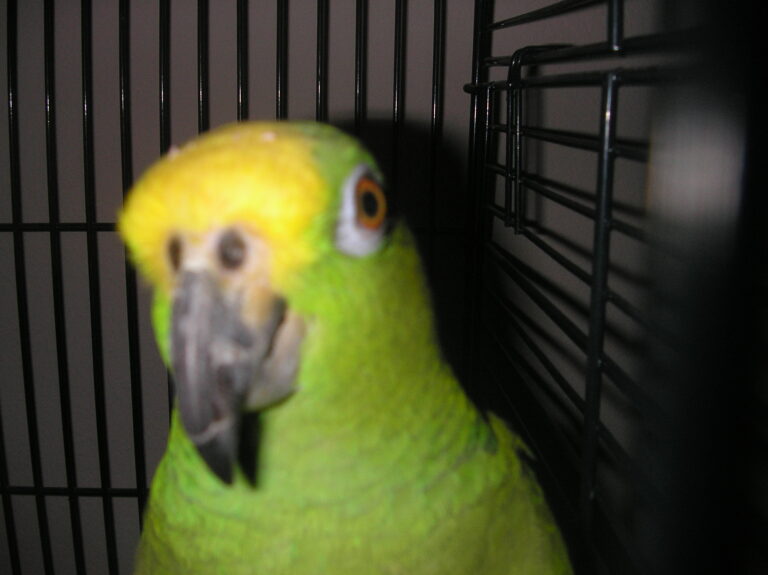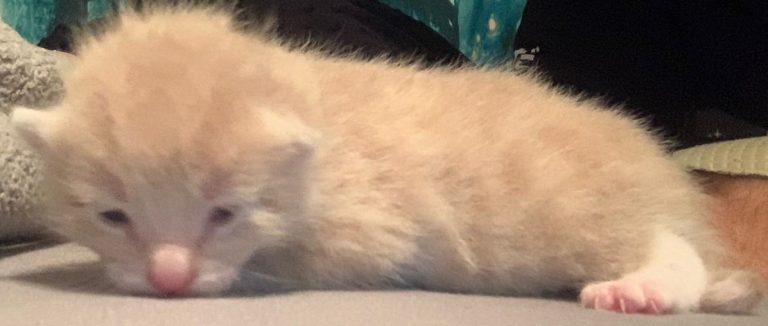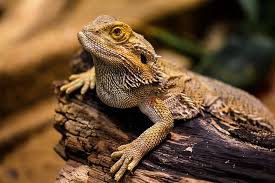Why Owning an Alligator as a Pet is a Risky Idea
The idea of owning an alligator as a pet may seem exciting or even exotic to some, but the reality is far more complex and dangerous. Alligators are wild creatures with specific needs that are challenging, if not impossible, to meet in a typical home environment. This article explores the reasons why keeping an alligator as a pet is not a good idea, delving into the biological, ethical, and practical challenges associated with these formidable reptiles.
Understanding Alligators
Alligators, primarily found in the southeastern United States and China, are large, predatory reptiles that can live up to 35-50 years in the wild. They are apex predators with powerful jaws and a diet consisting of fish, birds, and mammals. In their natural habitats, alligators play a crucial role in their ecosystems, helping to control populations of various species and maintain ecological balance.

In the wild, alligators are solitary and territorial animals. They have complex behavioral and social needs that are deeply ingrained in their biology. Their natural instincts and behaviors include hunting, basking, and nesting, all of which are difficult to replicate in captivity.
The Biological Challenges of Keeping an Alligator
- Size and Space Requirements: One of the most significant challenges of keeping an alligator as a pet is their size. Even if acquired as a juvenile, alligators can grow rapidly. A hatchling may start at a mere 6-8 inches long, but within a few years, it can exceed 6 feet in length. Full-grown adults can reach lengths of up to 13-15 feet and weigh over 1,000 pounds. Providing adequate space for such a large animal is nearly impossible in a typical home.
- Diet and Feeding: Alligators are carnivorous and require a diet that consists of high-protein foods such as fish, meat, and occasionally small mammals. Meeting these dietary needs in captivity can be challenging and costly. Improper diet can lead to health issues such as malnutrition, metabolic disorders, and obesity.
- Health and Veterinary Care: Exotic reptiles like alligators require specialized veterinary care. Finding a veterinarian with experience in treating alligators can be difficult, and the costs associated with their healthcare can be prohibitively high. Common health issues in captive alligators include parasites, infections, and injuries that require prompt and expert treatment.
- Behavior and Handling: Alligators are not domesticated animals and retain their wild instincts even when raised in captivity. They are territorial and can become aggressive if they feel threatened or cornered. Handling an alligator, especially as it grows larger, poses significant risks to human safety. Unlike traditional pets, alligators cannot be trained to interact safely with people, and their aggressive nature can lead to dangerous encounters.
The Ethical Implications
- Welfare Concerns: Keeping an alligator as a pet raises serious ethical concerns about animal welfare. Alligators have complex physical and psychological needs that are difficult to meet in a domestic setting. Restricting their movement and not providing an environment that mimics their natural habitat can lead to stress, behavioral problems, and poor health.
- Legal and Environmental Issues: In many places, keeping an alligator as a pet is illegal or requires special permits due to the risks involved. These regulations are in place to protect both the animals and the public. Additionally, the exotic pet trade can contribute to the illegal trafficking of wild animals, further threatening their populations in the wild.
- Conservation Impact: The removal of alligators from their natural habitats for the pet trade can have negative impacts on local ecosystems. Alligators play a vital role in their environments, and their removal can disrupt the balance of the ecosystem, affecting other species and overall biodiversity.
Practical Challenges
- Housing and Containment: Housing an alligator requires more than just a large enclosure; it needs to be secure and designed to accommodate the alligator’s needs. This includes providing a habitat with appropriate water features for swimming, basking areas, and space for movement. The cost of building and maintaining such an enclosure can be extremely high.
- Safety Concerns: The safety of both the alligator and its human caretakers is a significant concern. Alligators have powerful jaws capable of inflicting severe injuries or even fatalities. Keeping an alligator as a pet poses risks not only to the owner but also to family members, neighbors, and visitors. Accidents involving alligators can be fatal, and their unpredictable nature makes them particularly dangerous.
- Insurance and Liability: Many homeowners’ insurance policies do not cover exotic pets, including alligators. In the event of an accident or injury, the financial burden on the owner can be substantial. Liability issues can arise if the alligator causes harm to others or escapes from its enclosure, leading to potential legal and financial consequences.
Alternatives to Keeping an Alligator as a Pet
- Support Wildlife Conservation: Rather than keeping an alligator as a pet, consider supporting wildlife conservation efforts that aim to protect these magnificent creatures in their natural habitats. Many organizations work to preserve alligator populations and their ecosystems through education, research, and habitat protection.
- Visit Reputable Wildlife Sanctuaries: If you are fascinated by alligators, visit reputable wildlife sanctuaries or zoos where you can observe these animals in environments that are designed to meet their needs. These institutions often offer educational programs that provide insights into the lives of alligators and the importance of their conservation.
- Learn About Their Natural History: Educating yourself about alligators and their role in the ecosystem can deepen your appreciation for these animals. Books, documentaries, and educational programs can provide valuable information about their behavior, biology, and conservation status.
Conclusion
While the idea of having an alligator as a pet might initially seem intriguing, the reality of keeping such a large, wild animal is fraught with challenges and risks. From their substantial size and dietary needs to their aggressive nature and the ethical concerns surrounding their captivity, alligators are not suitable pets for most people. The practical difficulties of housing, feeding, and caring for an alligator, combined with the safety and legal issues, make it clear that these creatures are best appreciated in their natural habitats or under the care of professionals in wildlife sanctuaries.
Choosing to support conservation efforts and learning about alligators through reputable sources is a far more responsible and rewarding way to engage with these fascinating reptiles. By understanding the complexities of their care and the importance of their conservation, we can ensure that alligators continue to thrive in the wild, where they belong.






